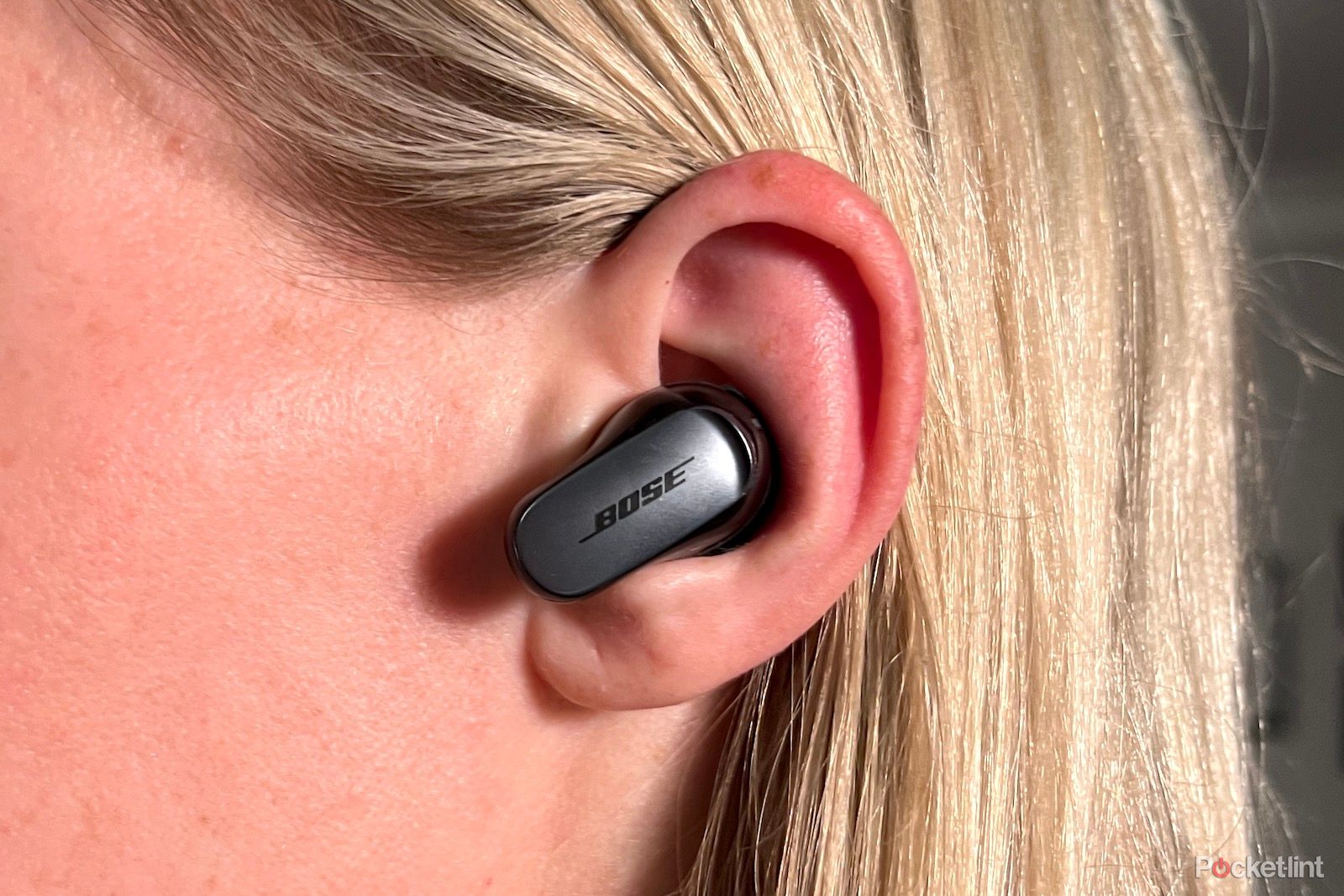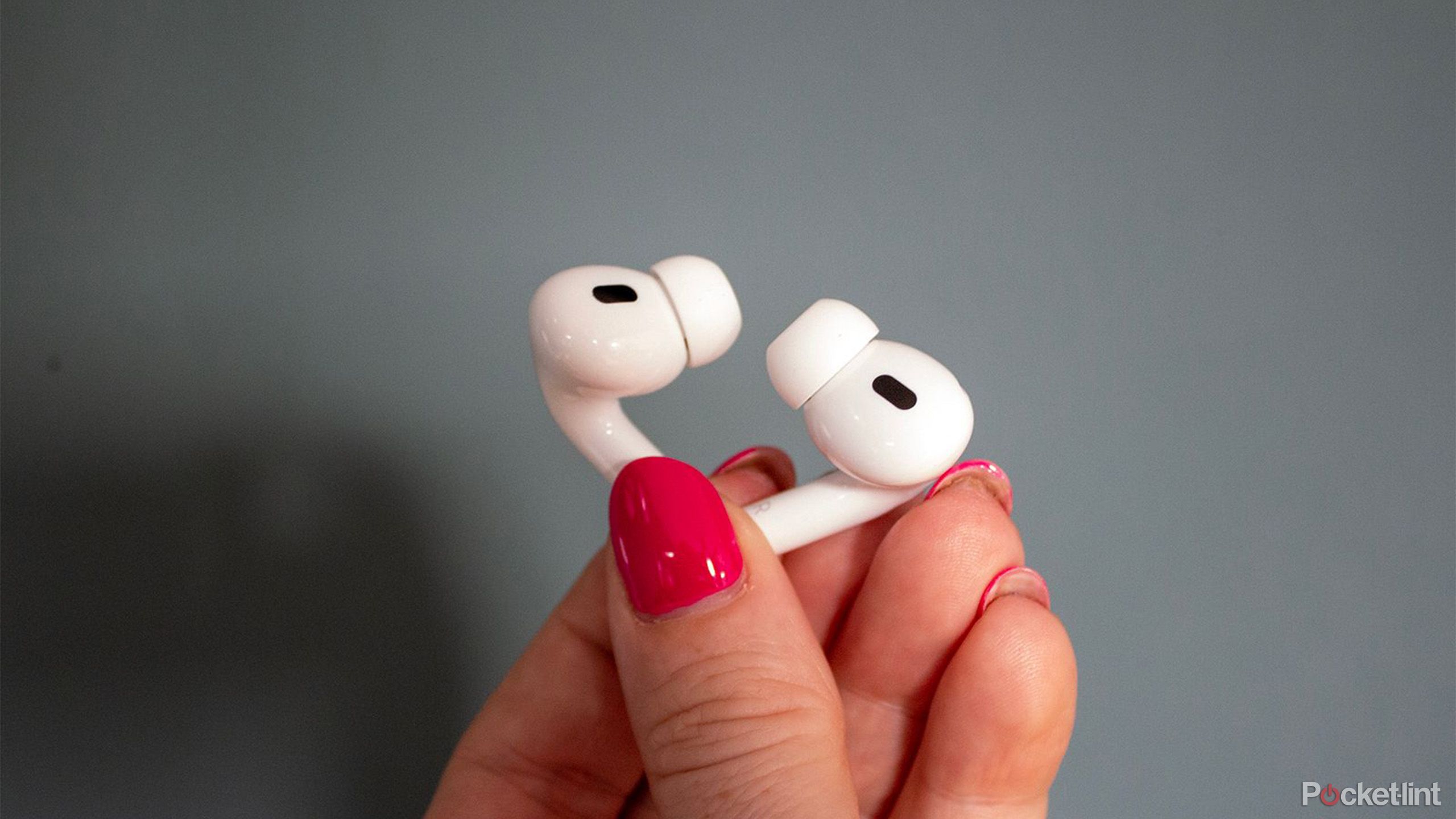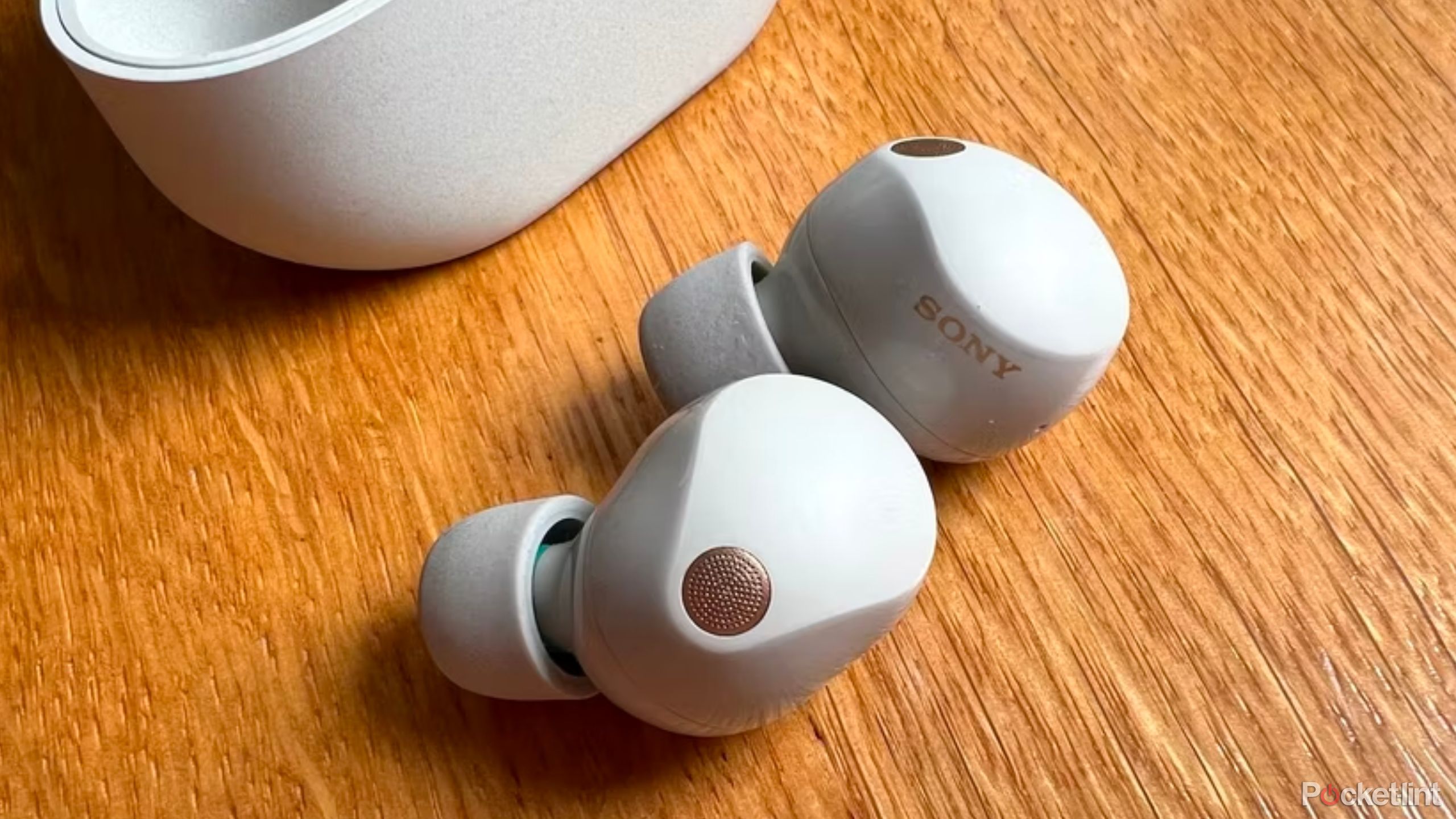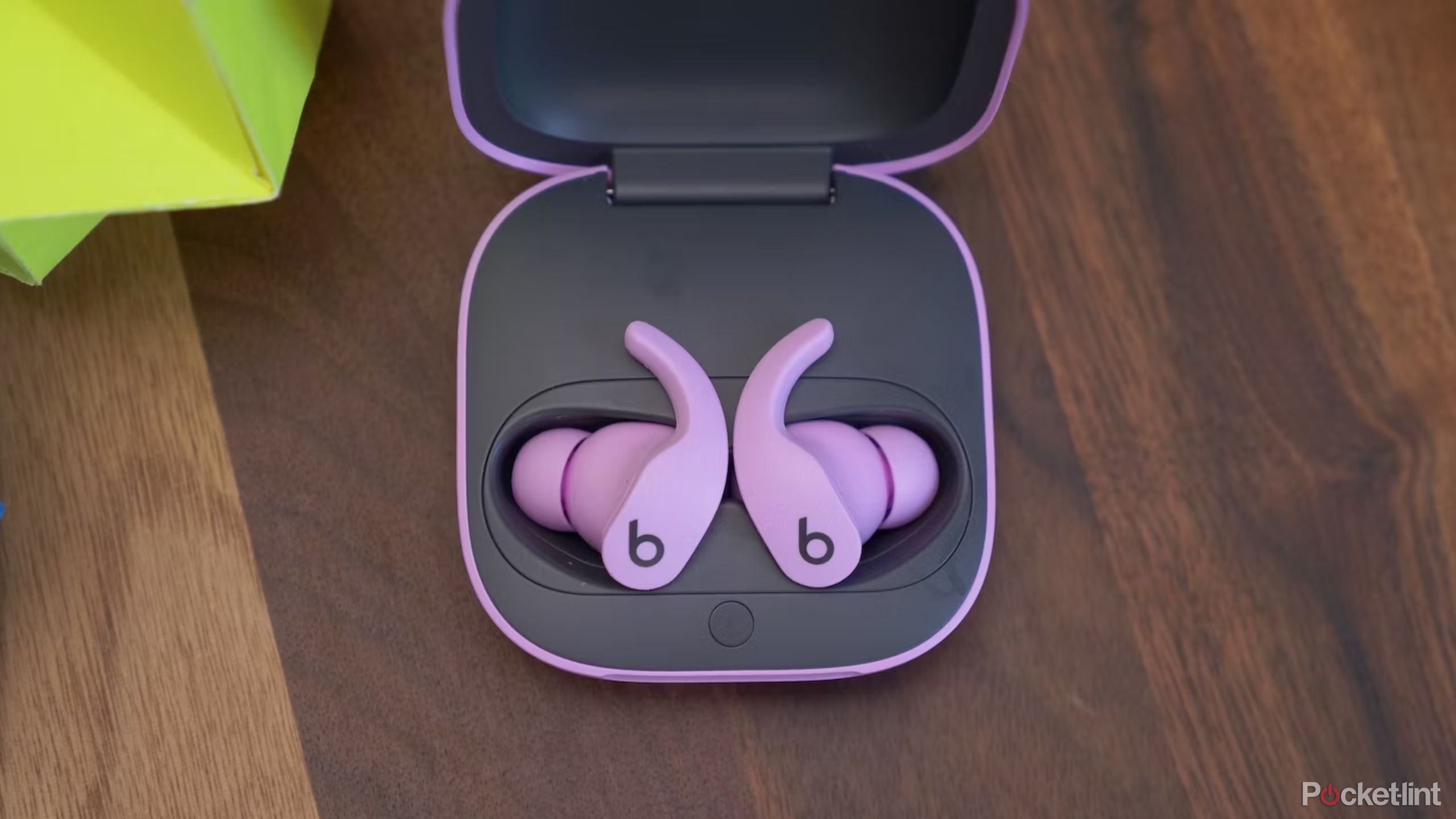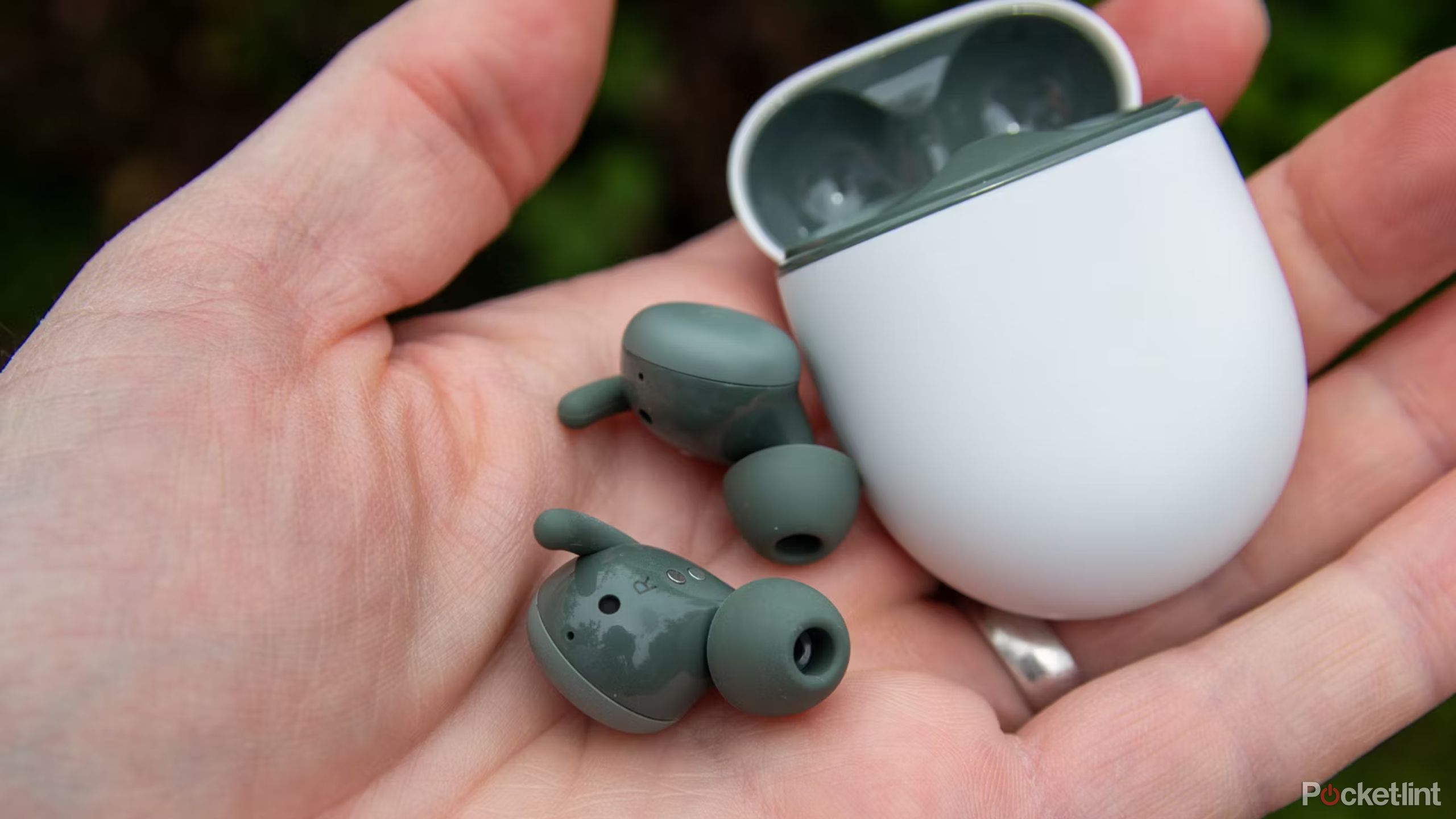Key Takeaways
- Proper earbud fit seals off external noise for better sound quality.
- Use correct angle and size ear tips for comfort and stability.
- Consider material and additional stability features for personalized fit.
Getting a good fit with your earbuds is the way to ensure you get the best possible sound for what you paid for. Earbuds with ear tips that go into your ear block out external noise and prevent sound leakage using passive isolation, meaning the ear tips seal off your ears and music from the outside. Getting a good fit also aids with noise-cancelling earbuds, because if you don’t have a good seal, it’s basically useless. Ultimately, if you don’t have a good fit, you’re probably going to have problems hearing what you’re trying to listen to because of the sounds in the world around you.
Ultimately, if you don’t have a good fit, you’re probably going to have problems hearing what you’re trying to listen to because of the sounds in the world around you.
So to make sure you get a good fit, there are a few things you can check and make sure of. Once you get that perfect fit, you’ll be able to make the most out of your earbuds.
Open-ear vs open-back earbuds: Key differences explained
With comfortable designs suited for safe exercise, both open-ear and open-back earbuds have their advantages, but which are for you?
1 It’s all about the angles
Making sure you’re wearing the earbuds properly
The first step to getting the best fit from your earbuds is making sure they’re in your ears correctly. This means pushing them in just enough to seal the ear, and making sure you get the right angle on the earbuds.
Make sure that when you put the earbuds in your ears, they look like they do in the manual or on the packaging, and that they’re not rotated too much or upside down.
If the angle in the manual isn’t quite working for you, you can adjust the earbuds a little by angling them a little more forward or backward, since not all ear canals are built the same. But if you stray too far from the intended way of wearing them, you risk not getting a great fit.
2 Use the right size ear tips
Avoid discomfort and dislodged earbuds
Lots of earbuds come with different sizes of ear tips to make sure you get a good fit. Most only come with three sizes, small, medium, and large, but if you’re lucky you might get a bigger range.
To get the best fit with your ear tips, try them all out and see which stay in your ear the best while not putting pressure on your ear canals. You want to push them in just enough to fit comfortably and snugly, enough that when you shake your head they don’t fall out. But if they’re causing pain after wearing them for a while, or you are pushing them in so far they cause discomfort, you’ll need to try a different size. You might also need to use different tips for each ear, since not all ear canals are perfectly equal. One ear might need a small and the other might need medium, for example.
You want to push them in just enough to fit comfortably and snugly, so that when you shake your head they don’t fall out.
If none of the ear tips that come with your earbuds fit, you can buy more online. Many ear tips you find online can fit most earbuds, but you should double-check before purchasing any to make sure they’ll be compatible with your earbuds.
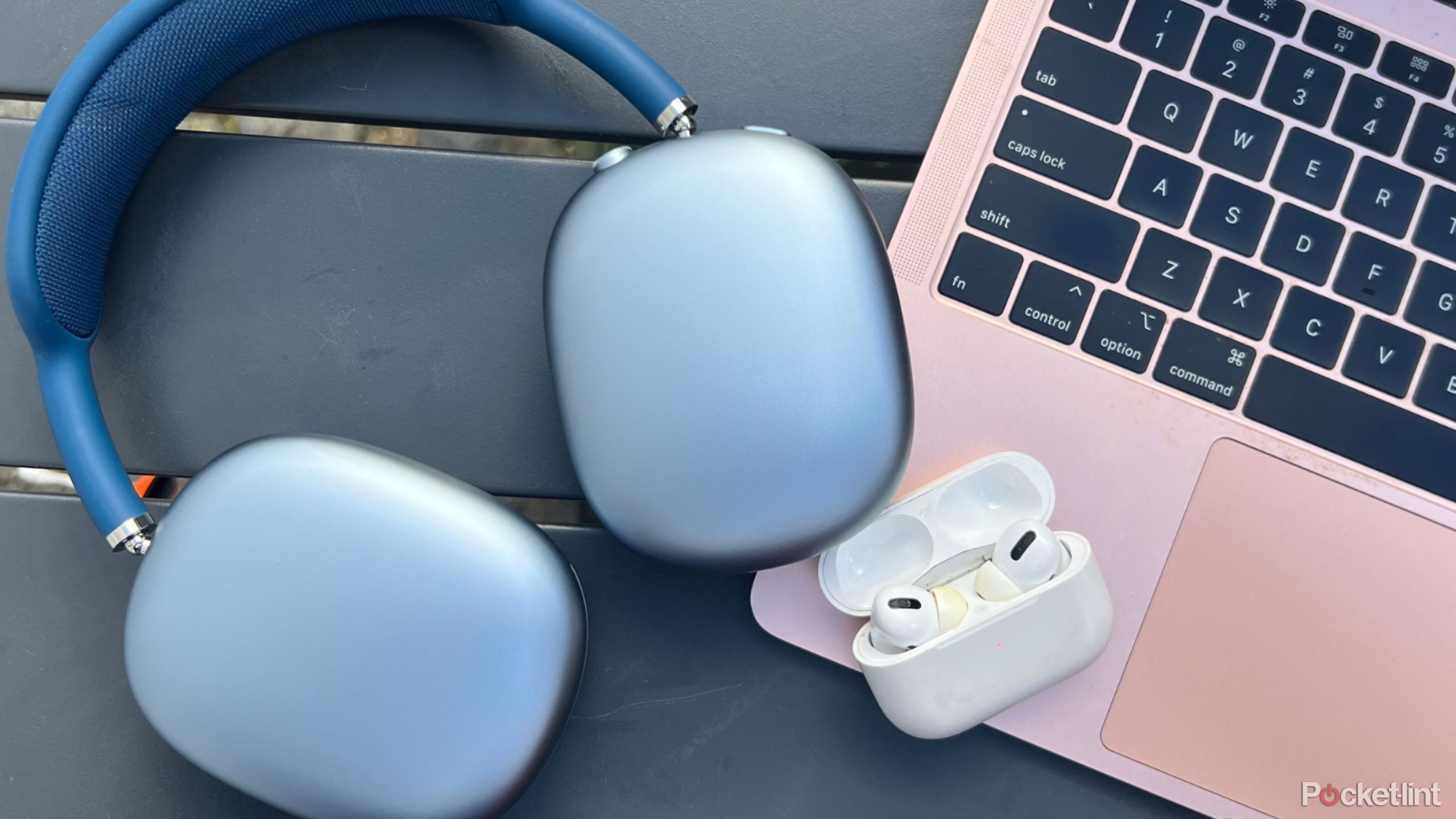
How to clean and disinfect your AirPods and AirPods Max
Based on our own experience and Apple’s official steps, here’s how to properly spring clean your in or over ear Apple headset.
3 Ear tip material matters, too
Are you a silicone or a foam person?
The material of your ear tips can affect how well your earbuds fit in your ear too. The vast majority of earbuds come with silicone ear tips, and silicone is more durable and inexpensive to manufacture. But foam tips can be more comfortable and conform to the shape of your ear canal better than silicone, making for a better seal.
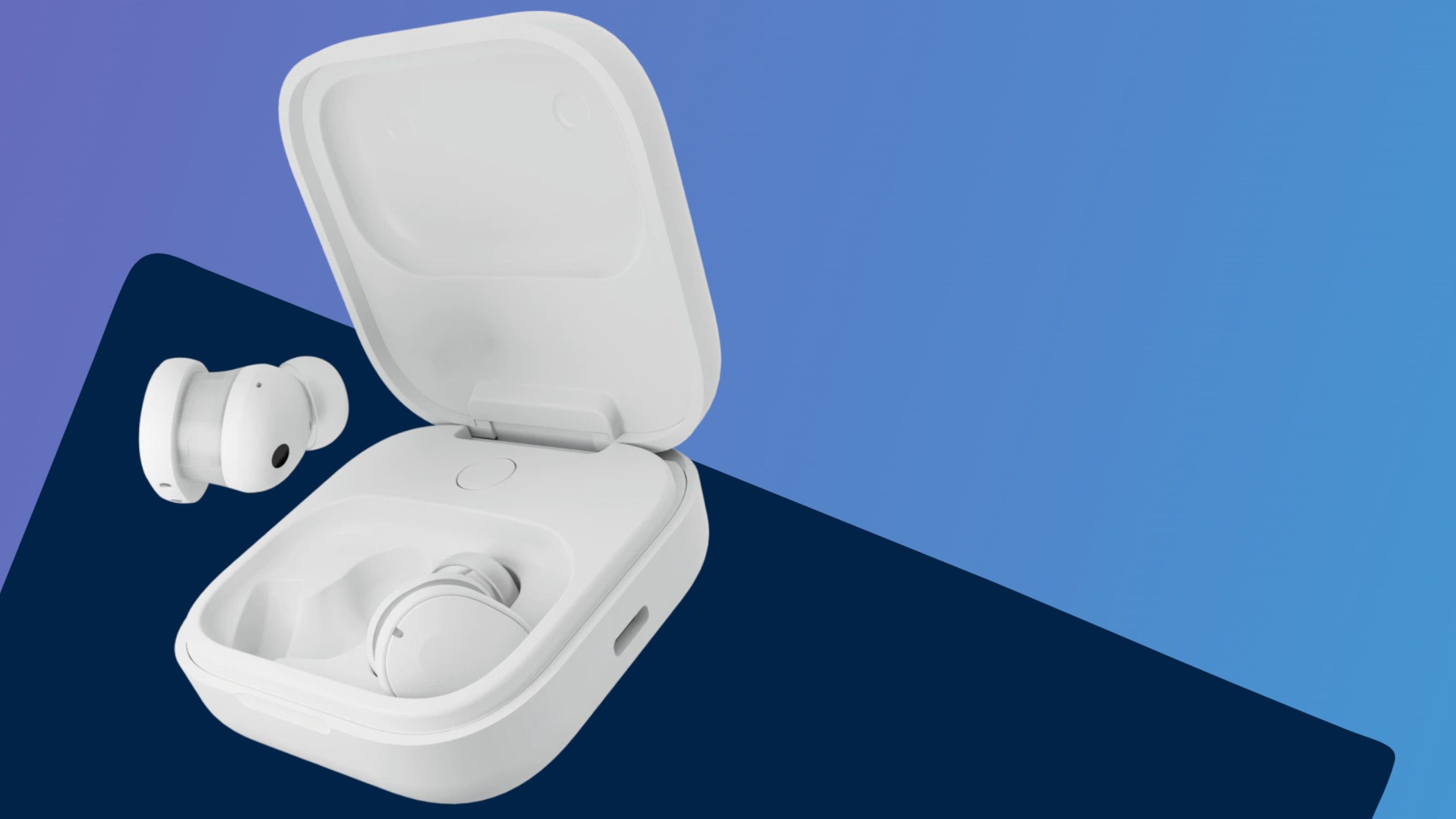
Fairphone’s new wireless earbuds take sustainability to the next level
Repairability and longevity are top of mind with these new earbuds.
You can buy foam ear tips that fit more earbuds online, but it’s always a good idea to check that the ear tips you’re buying will for sure fit your earbuds.
4 Wing tips and hooks add extra stability
This one’s for the athletes out there
There’s more to fitting earbuds than just ear tips. Lots of earbuds that are specifically made for working out, come with stabilizing wings or hooks that go around your ear to keep your earbuds in while you exercise. Wing tips work by settling into the antihelix in your ear, adding stability on top of the earbuds’ ear tips. These are often made of silicone and replaceable, so you can try out different sizes to get a good fit. Ear hooks go around the ear instead to keep things stable while you move around, and are usually not replaceable.
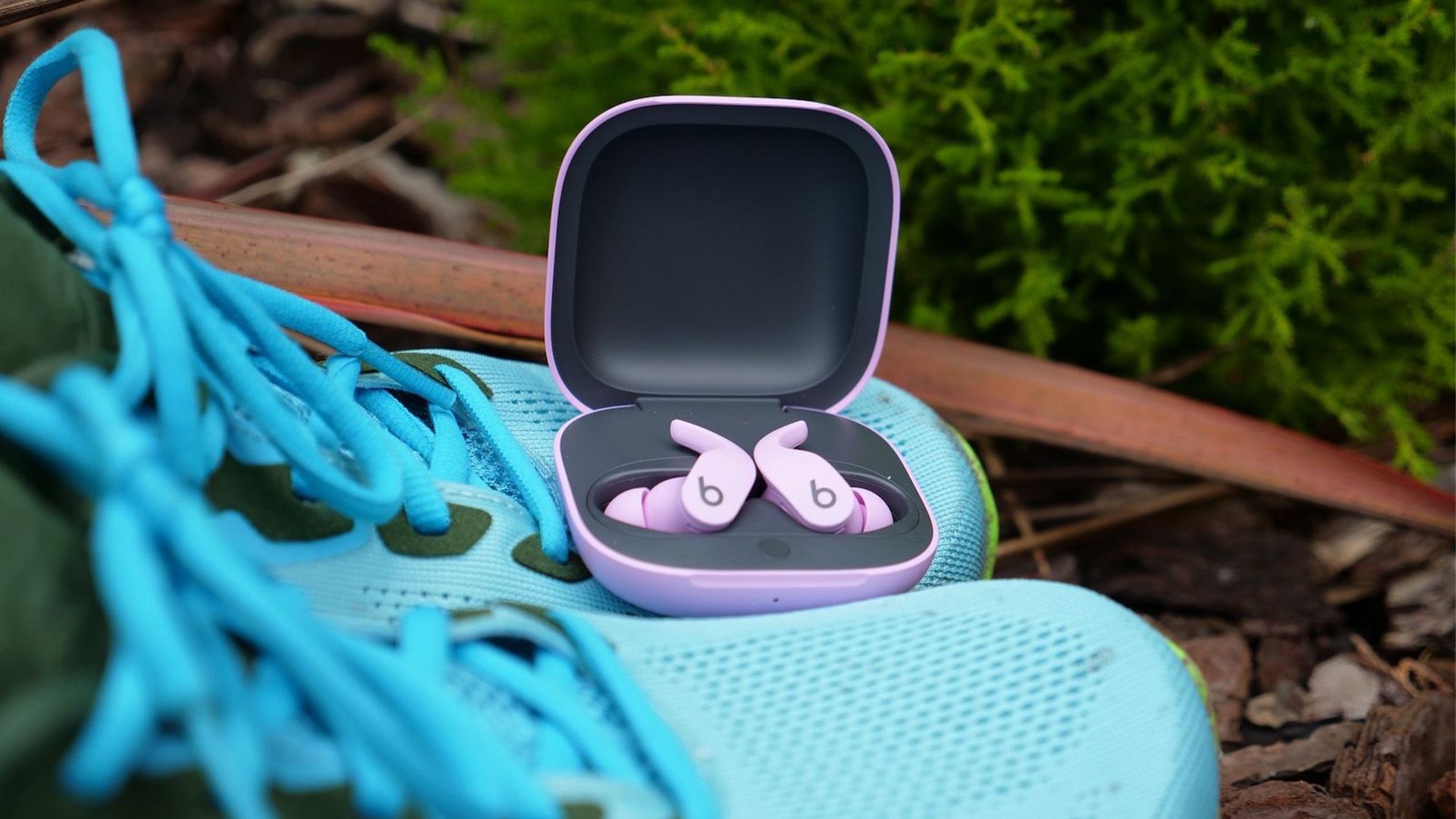
Best workout headphones: Expert tested and reviewed
Our sweat sessions have shown that these workout headphones withstand any exercise.
If your earbuds have replaceable wing tips, try out the different sizes and see how they feel in your ears. Ask yourself if you feel pressure on your antihelix, if you’re feeling any resistance from your ear, and if you can see yourself comfortably wearing them for an hour or more. If the answer to any of those is no, you’re probably wearing the wrong size.
5 In-app fit testing
It’s not perfect, but worth a try
Lots of true wireless earbuds with accompanying apps now have a fit test feature. This usually tests the fit by playing audio to ensure that you’re hearing everything at the correct volume and that there’s no sound leakage. The app will tell you if your fit is good or not, so you’ll know better whether you should change the size of your ear tips.

How to clean and disinfect your AirPods and AirPods Max
Based on our own experience and Apple’s official steps, here’s how to properly spring clean your in or over ear Apple headset.
These tests aren’t perfect and aren’t a substitute for your own judgment, so use them as a supplement rather than as the sole determinant. Sometimes the test will fail regardless of which ear tips you use, or it’ll pass even when your fit is objectively wrong. Software can be faulty, and there are a ton of variables that could make the test pass or fail. If you’re having problems with the test, I recommend following your own judgment about which ear tips feel best for you.
Trending Products

